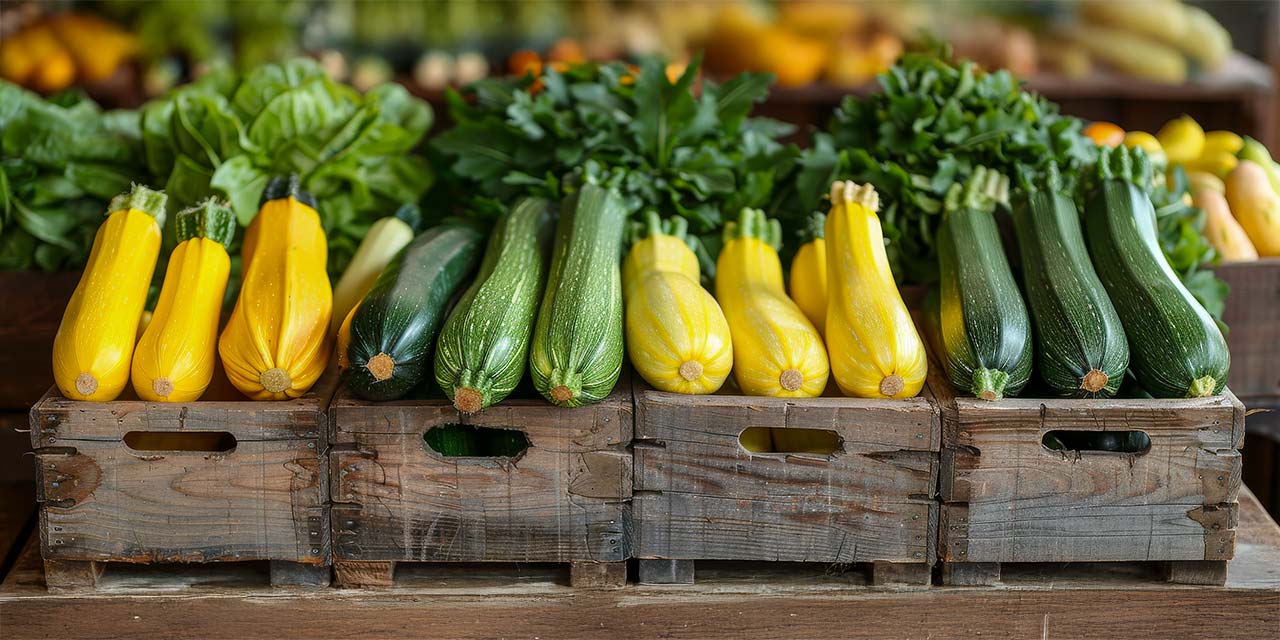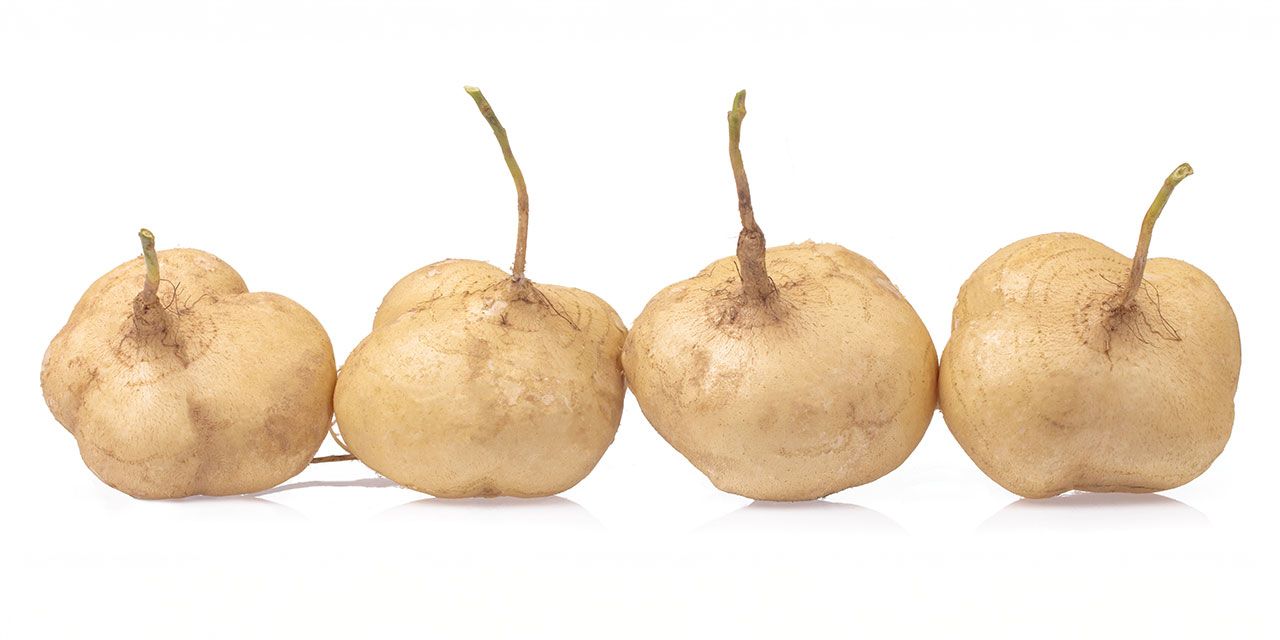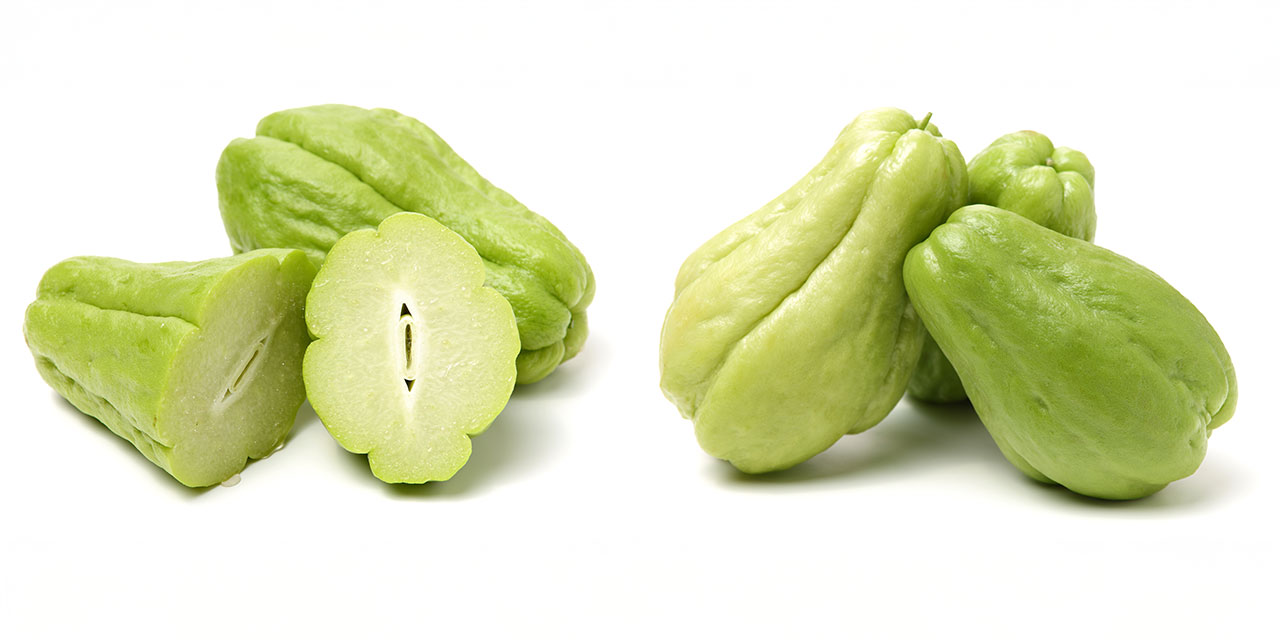Follow us 261.1k
Quick Summary tl;dr
Apples are tricky on low-carb because the carbs add up fast, especially in baking and desserts.
Zucchini is the most practical swap and works well in apple-style fillings when cooked properly. Jicama stays firmer and is best when you want more texture. Chayote sits in between.
Berries and rhubarb don’t copy apples, but they’re often a better choice in recipes that just need fruit.
And if you prefer using real apples sometimes, that can still fit within a sensible low-carb approach — especially when portions are modest and the rest of the meal is built around real foods.
If you eat low-carb, you’ve probably hit this point: you want to make something with apples… but the carb count just doesn’t work.
Apple pie, crumble, apple butter, and muffins — they’re classics for a reason. But even a small amount of apple can push carbs higher than you planned, especially if you’re following keto or a stricter low-carb approach.
The good news is that you don’t actually need apples to get that familiar texture and flavor in recipes. Some ingredients work surprisingly well when cooked with the right spices and sweeteners — and others don’t (I’ve tested plenty of both).
Here are the options that genuinely work, plus when it still makes sense to use real apples.
Why Apples Are Tricky on Low-Carb
All apples are relatively high in carbs, even the tart ones. A typical apple sits around 12–15 g of carbs per 100 g (USDA Food Database), which adds up quickly once you start using them in pies, crumbles, sauces, or baking.
Some varieties are slightly lower in sugar than others. Bramley apples, for example, are more tart and tend to come in a bit lower than sweeter types like Fuji or Gala. But the difference isn’t dramatic enough to suddenly make apples “low-carb.”
That doesn’t mean apples are off-limits forever. It just means they’re harder to use freely if you’re trying to keep carbs lower — especially in recipes where you’d normally use a lot of them.
That’s where substitutes come in. Some ingredients can take on a surprisingly apple-like texture when cooked, while others simply work better in the kinds of recipes where apples are usually used. Here are the options that actually hold up in real recipes.
1. Zucchini (Courgette) and Yellow Summer Squash

Zucchini is the swap I use most often, simply because it actually works. It’s easy to find, affordable, and far more convincing in apple-style recipes than you’d expect.
Cooked with cinnamon, lemon juice, and a bit of sweetener, it softens into something that looks and behaves a lot like stewed apples. It holds up in pies and crumbles, works beautifully for apple butter, and blends into cakes and muffins without screaming “vegetable.”
The trick is not overthinking it — peel it, scoop out big seeds if needed, and cook it just until tender. Too little and it stays crunchy. Too long and it turns to mush. Get that balance right and it becomes a very dependable stand-in.
2. Jicama

Jicama is one of those ingredients that makes you do a double take the first time you try it. Raw, it’s crisp and slightly sweet. Cooked with warm spices, it takes on an apple-like bite that works really well in pies, crumbles, and diced fillings.
It doesn’t break down as much as zucchini, so you get more texture and less of the soft, stewed feel. That can be a good thing, especially if you like chunks in your desserts rather than a smoother filling.
The downside is availability. Depending on where you live, jicama can be hard to find, which is why it’s not my everyday option — but when you can get it, it’s absolutely worth using.
3. Chayote

Chayote is less common, but it’s a really solid option for apple-style recipes. It’s mild, lightly crisp, and takes on flavor easily once you add cinnamon, lemon, and sweetener.
Texture-wise, it sits right between zucchini and jicama. It keeps more bite than zucchini, but isn’t quite as firm as jicama, which makes it a good fit for crumbles, pies, and baked desserts where you still want visible pieces.
Like jicama, availability can be hit or miss. But if you come across it, it’s absolutely worth trying.
4. Other Low-Carb Fruits (Berries & Rhubarb)

These don’t try to imitate apples — and that’s the point. Instead of forcing them to behave like apples, it’s better to treat berries and rhubarb as their own thing and use them where they naturally work.
Berries bring sweetness and color, while rhubarb adds that tart, sharp edge that’s perfect for crumbles, sauces, and baked desserts. They won’t give you apple texture, but they often give you a better result overall.
If a recipe just needs “fruit” rather than “apple,” this is usually the simplest (and tastiest) route.
What If I Just Use Real Apples?
You can. And sometimes, that’s the most sensible choice. If you’re eating generally low-carb (rather than strict keto), small amounts of real apple can absolutely fit. Choosing tarter varieties like Bramley helps, and using apple more as an accent than the main ingredient goes a long way.
It’s less about banning foods and more about understanding the overall impact. In the context of a balanced, real-food approach, occasional apple-based recipes can still make sense — especially when the rest of the meal is built around protein and whole foods.
For example, this Apple & Blueberry Skillet Cake and Cranberry and Clementine Mincemeat use real fruit and still fit well within a sensible low-carb framework.
Low-Carb Recipes Using Apple Alternatives
These recipes aren’t theory — they’re proof that these swaps hold up in real food. From zucchini-based apple butter to pies, crumbles, and small-batch desserts, each one uses the alternatives above in a way that holds up for texture, flavor, and structure.
If you’ve ever been skeptical about “apple-style” low-carb recipes, this is the section that usually changes people’s minds.
Final Thoughts
If you’ve been skipping apple-style recipes because you assumed they wouldn’t work on low-carb, hopefully this shows that’s not really the case.
Zucchini, jicama, and chayote can cover a lot more ground than most people expect, especially in baked desserts and cooked fillings. Berries and rhubarb don’t try to be apples — they just work. And sometimes, using a small amount of real apple still makes sense too.
There’s no perfect substitute (although zucchini is pretty close!), and that’s fine. What matters is finding the options that work for you, in your kitchen, with the kinds of recipes you actually like making.
Do you like this post? Share it with your friends!